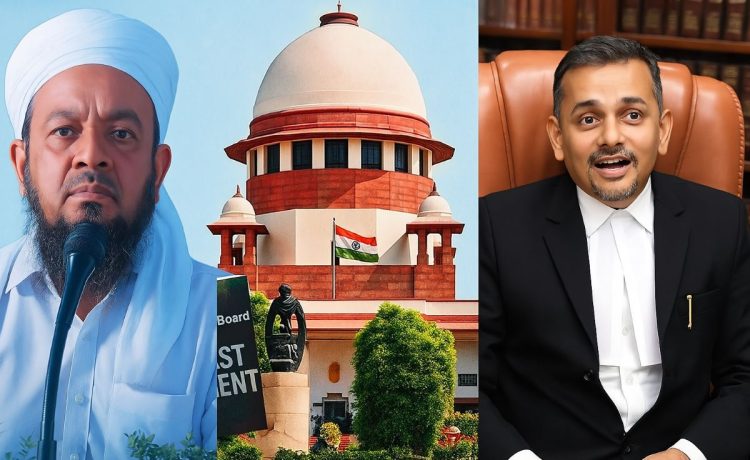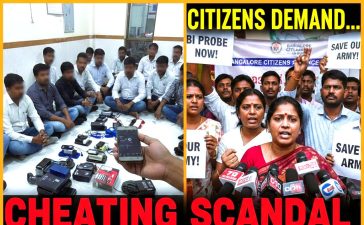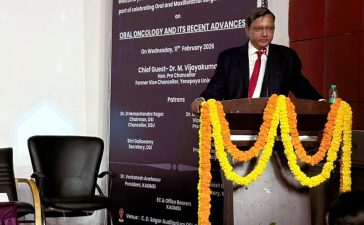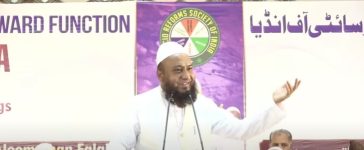Supreme Court to Hear Challenges Against Waqf Amendment Act 2025
Petitioners Argue Changes Violate Constitutional Rights, Seek Reversal
Bengaluru | 11 April 2025 – Two petitioners from Karnataka have approached the Supreme Court challenging the constitutional validity of the Waqf (Amendment) Act, 2025, arguing that it undermines religious freedoms and property rights under Islamic law.
What Are the Petitioners Challenging?
Senior Advocate Rehmatullah Kotwal and Dr. Mohammed Maqsood Imran, Chief Imam of Bengaluru’s Jamia Masjid, filed separate petitions claiming the amendments violate fundamental rights under Articles 14 (equality before law), 25 (freedom of religion), and 26 (right to manage religious affairs) of the Constitution.
Dr. Imran’s petition states that the new law alters the core definition of waqf—a permanent dedication of property for religious or charitable purposes in Islamic law. Key objections include:
- A new rule requiring a person to be a practicing Muslim for at least five years before creating a waqf.
- The inclusion of non-Muslim members in waqf boards.
- The removal of protections for family waqf (waqf-alal-aulad) and the concept of “waqf by user.”
- Extended limitation periods for disputes related to waqf properties.
“These changes interfere with religious freedom and equal treatment under the law,” said Dr. Imran. “We want the original provisions of the 1995 Waqf Act restored.” 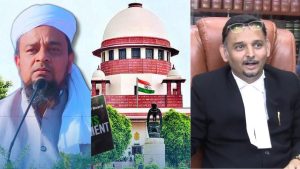
Key Legal Concerns
Advocate Kotwal’s petition, filed on April 5, focuses on the removal of Sections 108 and 108A from the original 1995 Act. These sections previously ensured that central laws took precedence over state laws concerning waqf properties.
“Their deletion weakens legal safeguards against state-level land reforms and acquisitions,” Kotwal said. “This puts waqf properties at risk.”
Another contentious addition is Section 3C, which requires a government officer to verify if a property qualifies as waqf before granting it legal status. The petitioners argue this could lead to delays, encroachments, and misuse of administrative power.
What Are They Asking For?
The petitioners seek:
- A declaration that the 2025 amendments are unconstitutional.
- Reinstatement of key sections from the 1995 Act.
- A stay on the implementation of the amended law until the case is decided.
The Supreme Court is expected to hear the matter on April 15 or 16. The ruling could significantly impact the management and protection of waqf properties nationwide.
Key Statements & Quotes
From Petitioners:
- Dr. Mohammed Maqsood Imran (Chief Imam, Jamia Masjid Bengaluru):
“The amendments interfere with religious freedom and equal treatment under the law. We are seeking restoration of the original 1995 provisions to protect waqf properties.” - Advocate Rehmatullah Kotwal:
“Removing Sections 108 and 108A strips away legal safeguards for waqf lands. This opens the door for state governments to take over properties meant for religious and charitable use.”
Legal Perspective:
- Hypothetical Quote from a Constitutional Lawyer (if needed):
“The case hinges on whether the amendments disproportionately affect Muslim endowments. Courts often scrutinize laws that alter religious property rights.”
Q&A (About Petitions)
Q: What is the main issue with the Waqf Amendment Act 2025?
A: Petitioners argue it changes the definition of waqf, allows non-Muslim members in waqf boards, and removes protections for family trusts.
Q: Why is Section 3C controversial?
A: It requires government approval before a property is recognized as waqf, which critics say could lead to delays and encroachments.
Q: What happens if the Supreme Court strikes down the amendments?
A: The original 1995 Waqf Act provisions would be restored, and new rules on board composition, property verification, and dispute timelines would be void.
![]()

